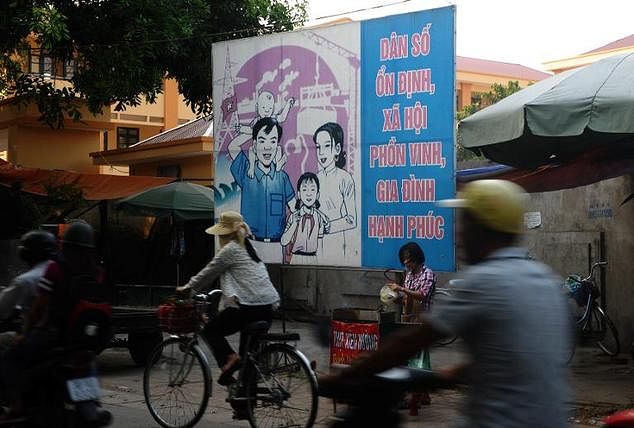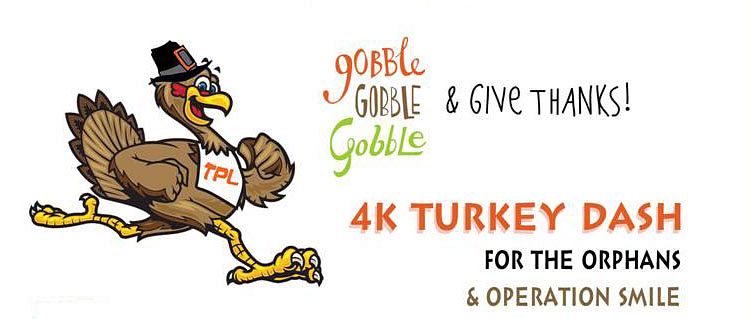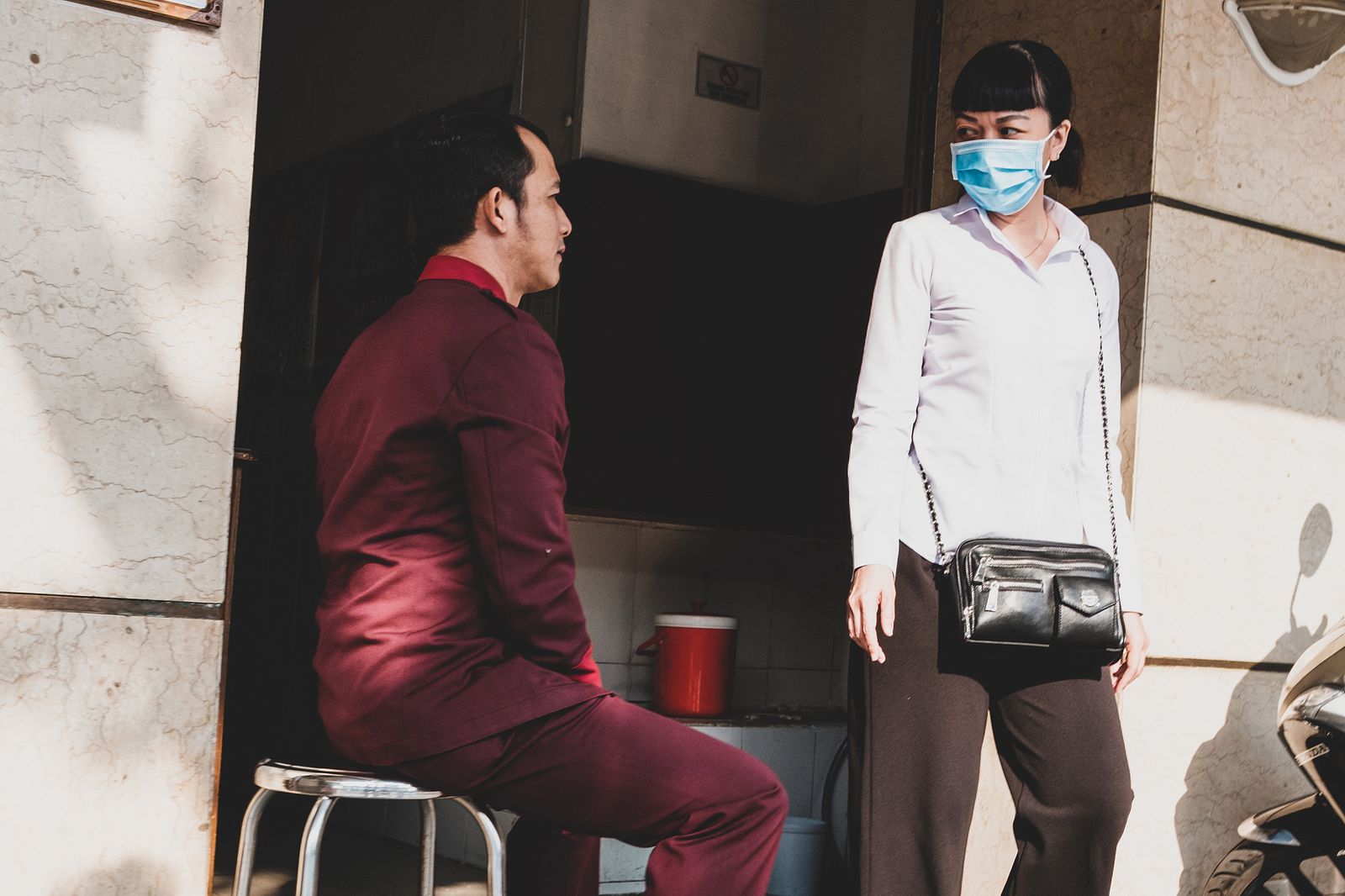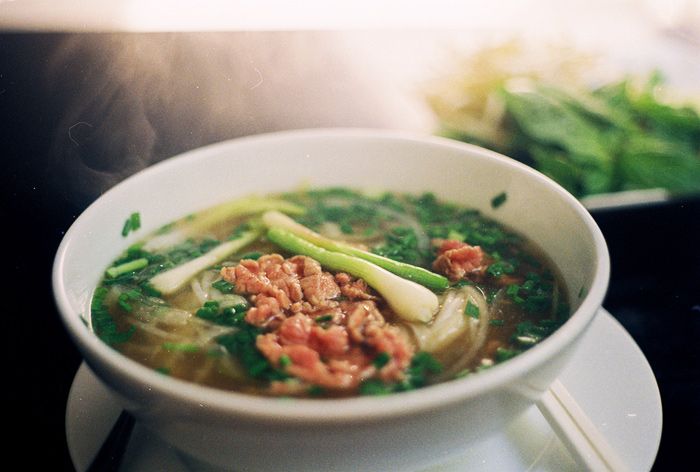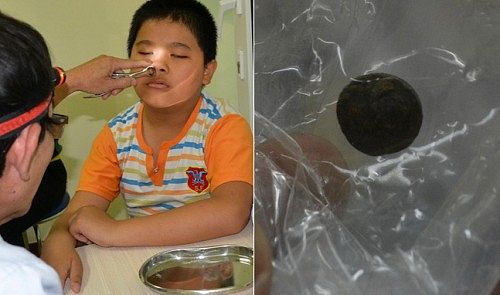Mind the VietGAP. According to a recent report in The Guardian, Vietnam’s sole safety certification mechanism is at best ineffective and, at worst, pulling the wool over the eyes of Vietnamese consumers seeking safe produce.
VietGAP certification began in 2008 and requires farmers to keep a record of all the fertilizers and pesticides used to grow their crops, monitored via annual audits.
This does not mean VietGAP-stamped products are organic.
Tran Van Dao, a market gardener and a member of a co-operative in Van Duc, a village on the edge of Hanoi which, in theory, abides by the certification explained that:
"The difference from a farmer who's not certified is that I can only use authorised substances and I also have to leave at least two weeks between the last treatment and the harvest."
VietGAP, created ensure environmental standards and public health due to demand by Vietnam’s growing middle class, creates higher costs for farmers that are nearly impossible to recover as certified products don’t fetch much more than their uncertified counterparts. As a result, “Only subsidised farmers' groups can afford the cost of certification, which is equivalent to $850 a hectare.”
And this is the scenario when things are going right.
Related Articles:
- Vietnamese Consumers Turn to the Internet for Safe Produce
- Back to the Basics: The Struggle for an Organic Vietnam
- Organic Vietnam: A Step in the Right Direction
In reality, there is little supervision of VietGAP farms:
"We don't analyse everything, because the tests cost too much, particularly for insecticides. Often the results come through after the produce has been sold and consumed," Nguyen Thi Tan Lo, an economist at the Fruit and Vegetable Research Institute told The Guardian.
With growing public awareness has come increasing demand for safe food, the government has prioritized improving farming standards over the past 2 years.
Even so, quality control remains far below standards and not just for produce, but aquatic and poultry products, according to Philippe Girard, regional head of France's Centre for International Co-operation on Farming Research for Development.
"They're pushing the limits all the time. A poultry farmer, rather than reporting a sick animal to the authorities, will try to sell it before it dies. It's a problem of poverty."
Some Vietnamese are taking matters into their own hands.
Rau Sạch (safe vegetables), a website set up by Vietnam’s consumer association Vinastas in 2011, contains information about shops which sell safe produce in Hanoi. To be listed, shops need to show certain documentation to prove that their vegetables have not been harmfully sprayed with pesticides.
Dang Kiem Hien, who is part of the online team, says that if shops fail to comply with these standards, they are removed from the website. However, it wouldn't come as a surprise that these standards are undermined by the aforementioned lack of oversight.
[The Guardian // Photo via din bcn]



